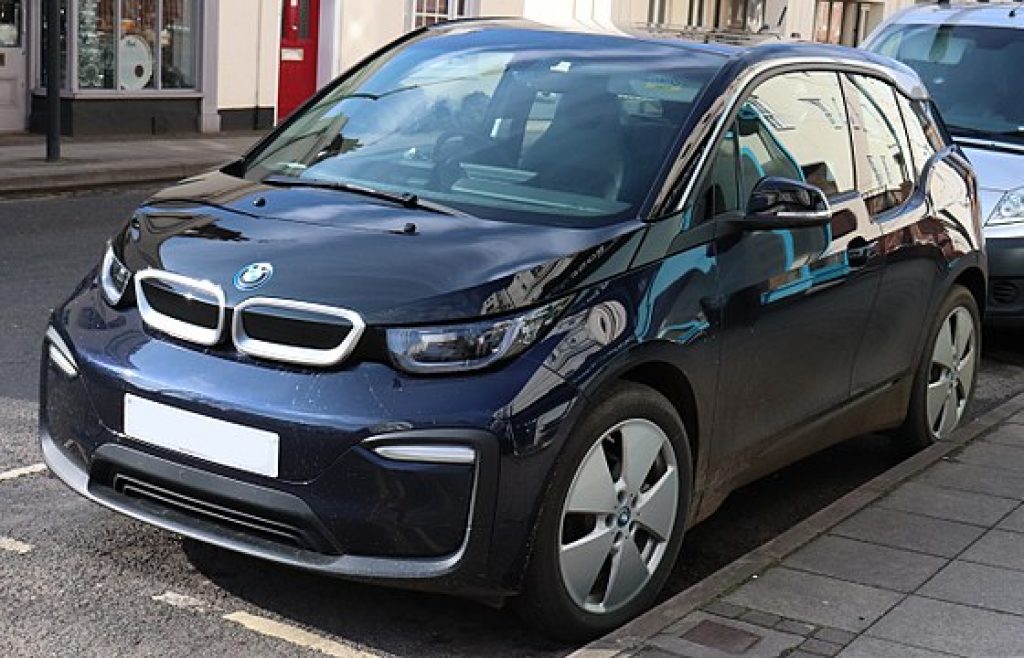
Electric Car profit margins set to suffer
Reuters today reported that Electric cars are poised to arrive en masse in European showrooms after years of hyped concept-car launches and billions in investment.
Selling them at a profit is the hard challenge now being faced my car manufacturers.

Battery models making their car-show debut in Paris this week, from PSA Group’s electric DS3 Crossback to the MercedesEQC, will erode profitability as they struggle to stay in the black.
Concerns are mounting that the impact could be worse, as consumers resist paying more for electric cars, forcing manufacturers to sell them at a bigger loss to meet emissions goals.
“What everyone needs to realise is that clean mobility is like organic food – it’s more expensive,” said Carlos Tavares, chief executive of Peugeot, Citroen and Opel manufacturer PSA.
A Sept 25th profit warning by BMW, blamed in part on electrification costs and tightening emissions rules, was “a first alarm signal”, Tavares said in a weekend radio interview.
“Either we accept paying more for clean mobility, or we put the European auto industry in jeopardy.”
On its second day, the European Parliament votes on plans to cut carbon dioxide car emissions by as much as 45 percent by 2030 from an average 95 grams per kilometer in 2021. A goal many automakers are already in danger of missing on pain of fines running to hundreds of millions of euros.
PRICED TO PUSH
After declining for a decade, new-vehicle carbon emissions are rising again as customers flock from cars to SUVs, and from diesel to petrol engines. Diesels emit more nitrogen oxides and particulates, but less CO2.
Early signs suggest electric car prices may fall sooner and faster than production costs, as car makers adjust for stalled emissions progress and weak consumer appetite. That promises more dented profit, as discounted electric car sales finally take off.
Volkswagen has said the ID hatchback, due to open the brand’s electric onslaught next year, will be priced close to ICE powered versions of the Golf compact.
Rather than pay penalties VW prefer to lose money on vehicles and get the market going.
Volkswagen and Mercedes parent Daimler, which between them have announced 30 billion euros in electrification investment, both warned last month that it would not be enough.
They and other car manufacturers are also mandated to sell more electric cars in China and a group of U.S. states led by California. More than 200 electric and plug-in model launches are already scheduled globally over the next three years.
COST GAP
Electric cars still cost 7,800 euros more to produce on average than conventional ones, Alix Partners estimates. Plug-in hybrids – which combine a smaller rechargeable battery with a combustion engine, 5,000 euros more.
When that cost gap is reflected in the price, few are sold.
Mass-market electrics such as the Renault Zoe and Nissan Leaf have been on sale for most of the current decade, and heavily subsidised in Europe, while Tesla has made inroads into the premium business. Yet pure-electric cars are aimed at just 1 percent of the market overall.
Despite their higher cost, BMW plug-in models are already priced broadly on a par with diesels. The luxury car maker acknowledges that their margins are significantly thinner.
Mercedes also says the EQC electric SUV will be priced close to its GLC cousin to tackle Tesla’s US$49,000 Model 3.
“It absolutely is impacting the profitability of the industry,” said Rebecca Lindland, a senior analyst at Kelley Blue Book, which tracks vehicle pricing. “Demand doesn’t justify investment at all – it’s all regulation.”
Which is why, on this subject more than most, European car makers talk from both sides of their mouths. While executives exude confidence for investors’ and customers’ benefit, lobby group ACEA warns of an imminent threat to the region’s 3.4 million automotive manufacturing jobs.
“The conditions for such a systemic change clearly aren’t met, and consumers just aren’t ready for full-electric,” ACEA Secretary General Erik Jonnaert said recently.
SCALE EFFECTS
Car makers are demanding increased public investment in recharging networks – which may yet awaken mass demand.
Economies of scale should also bring some relief. But lithium-ion batteries, which claim 40 percent of an electric car’s value, face global cobalt and nickel shortages. This will inflate costs as production volumes rise.
Perhaps more critically, generous government sales subsidies are unlikely to survive much growth. In markets where incentives have been dropped, electric car sales have fallen.
Electric Car profit margins
To avoid denting their electric car profit margins, Renault is discounting its recently upgraded Zoe in the UK market with a £5,000 trade-in bonus. This is in addition to the government’s £4,500 plug-in incentive.
German luxury car makers including Volkswagen Group, which includes Audi and Porsche, could put up with losses on electrified vehicles if it enables them to keep selling their biggest earners, upscale SUVs and large sedans.
That would leave mid-market competitors such as PSA and Renault, which can ill afford to sell large volumes of electric cars below cost, in a tougher bind.
“In electromobility you have to be a cost leader,” BMW research and development chief Klaus Froehlich told Reuters.
“If you are not a cost leader you will not survive.”




